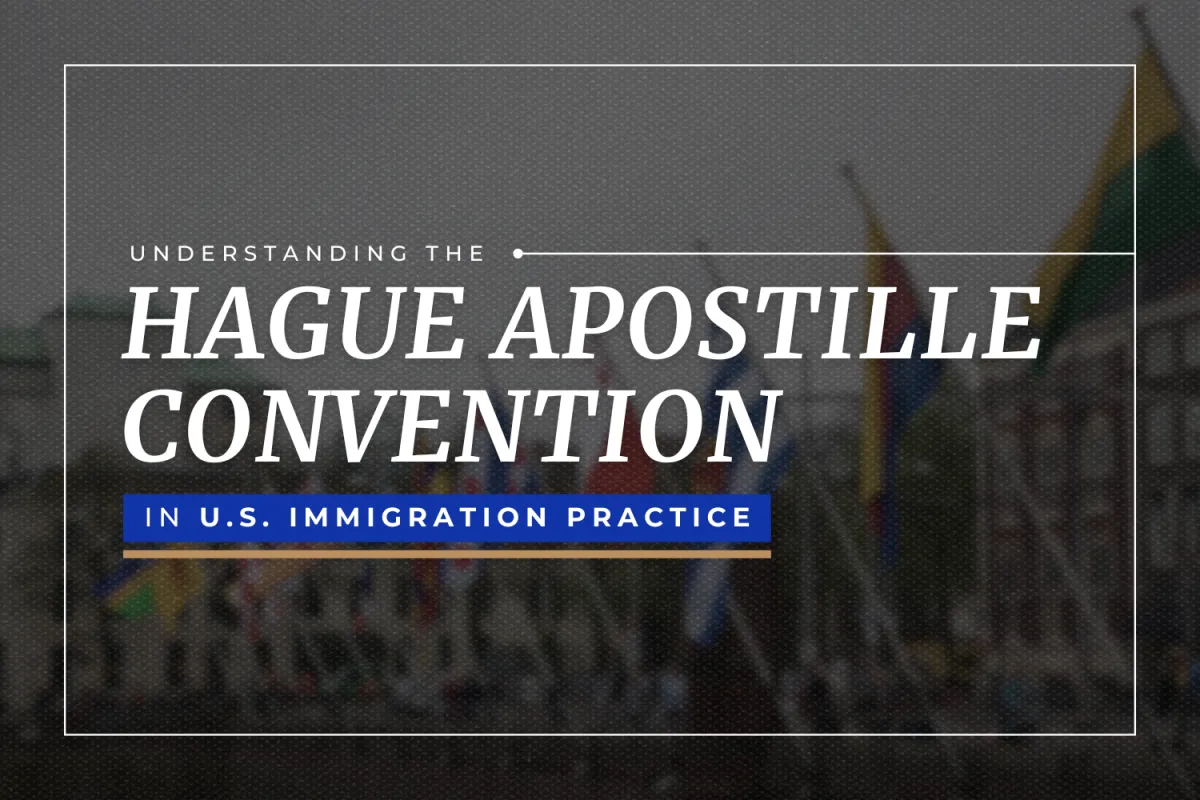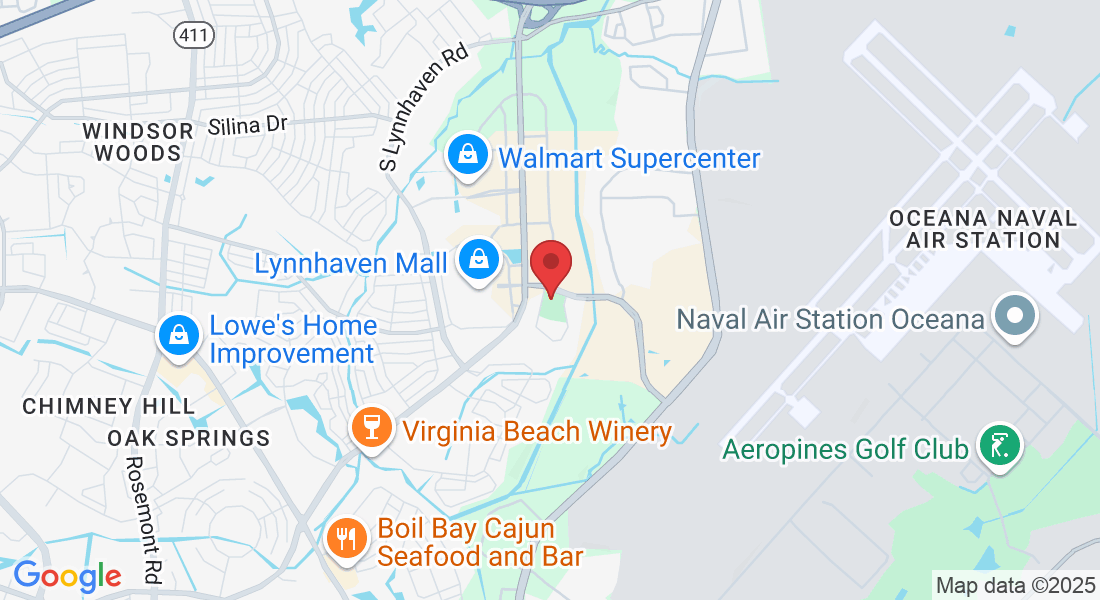
Apostille, Document Translation, and Notary Public Services
Simplified, Seamless, Solutions for your Verifications!

Apostille, Document Translation, and Notary Public Services
Simplified, Seamless, Solutions for your Verifications!
Ms. NotaRealty's Blogs

Understanding the Hague Apostille Convention in U.S. Immigration Practice
For immigration attorneys navigating complex international filings, understanding the Hague Apostille Convention is essential. This 1961 treaty, formally known as the "Convention of 5 October 1961 Abolishing the Requirement of Legalisation for Foreign Public Documents," transformed the way public documents are authenticated for use abroad.
In U.S. immigration practice, where cross-border verification is often a necessity, the Apostille Convention plays a central role in ensuring that key documents are accepted by foreign governments.
What Is the Hague Apostille Convention?
The Apostille Convention streamlines the legalization of documents by replacing cumbersome chains of authentication with a single, universally recognized certificate: the apostille. When a U.S. document is affixed with an apostille, it is automatically accepted as valid in any of the more than 120 member countries of the Convention. This eliminates the need for embassy or consular legalization, dramatically simplifying the process.
Why It Matters in Immigration Law
In practice, apostilles are frequently required for immigration-related matters such as:
International adoptions
Consular processing
Overseas employment and residency applications
Student visa and academic credential verification
For attorneys representing clients involved in any of these processes, failing to secure an apostille can result in delays, rejections, or repeat filings.
Member Countries vs. Non-Member Countries
If a document is being submitted to a country that is a party to the Hague Convention, an apostille is sufficient. Member countries include most of Europe, Latin America, and significant portions of Asia and Africa. However, some major countries—such as China (excluding Hong Kong and Macau), the UAE, and most Middle Eastern nations—are not members.
In those cases, the apostille process is not applicable. Instead, documents must go through a more involved authentication process, typically including:
Notarization
Certification by the appropriate Secretary of State
Authentication by the U.S. Department of State
Legalization by the destination country’s consulate
Knowing whether the destination country is a member of the Convention is a foundational step in the strategy for document authentication.
Common Misconceptions
All countries accept apostilles: Only Hague Convention members accept apostilles. Others still require consular legalization.
An apostille verifies document content: Apostilles only certify the signature and seal, not the accuracy of the document’s content.
The process is always the same: In reality, different states and federal agencies have different procedures and timelines.
Best Practices for Immigration Attorneys
For immigration attorneys, anticipating document authentication needs before issues arise is key to delivering efficient and timely support. Below are essential practices to help streamline the process and protect your clients from common pitfalls:
Always verify whether the receiving country is a Convention member.
Educate clients early about authentication requirements.
Be aware of varying state and federal timelines for issuing apostilles.
Prepare for alternate processes in non-member countries.
How Verifiize Can Help
Verifiize supports immigration attorneys by simplifying document authentication through expert handling of both apostilles and non-apostille legalizations. Whether you’re preparing documents for a Hague member country or navigating the complex requirements of a non-member, Verifiize ensures your clients' documents are correctly authenticated and filed without delays.
Let Verifiize handle the red tape so you can focus on what matters: guiding your clients through successful immigration outcomes.
----------- Testimonials ------------
What Our Clients Say!


Facebook
Instagram
X
LinkedIn